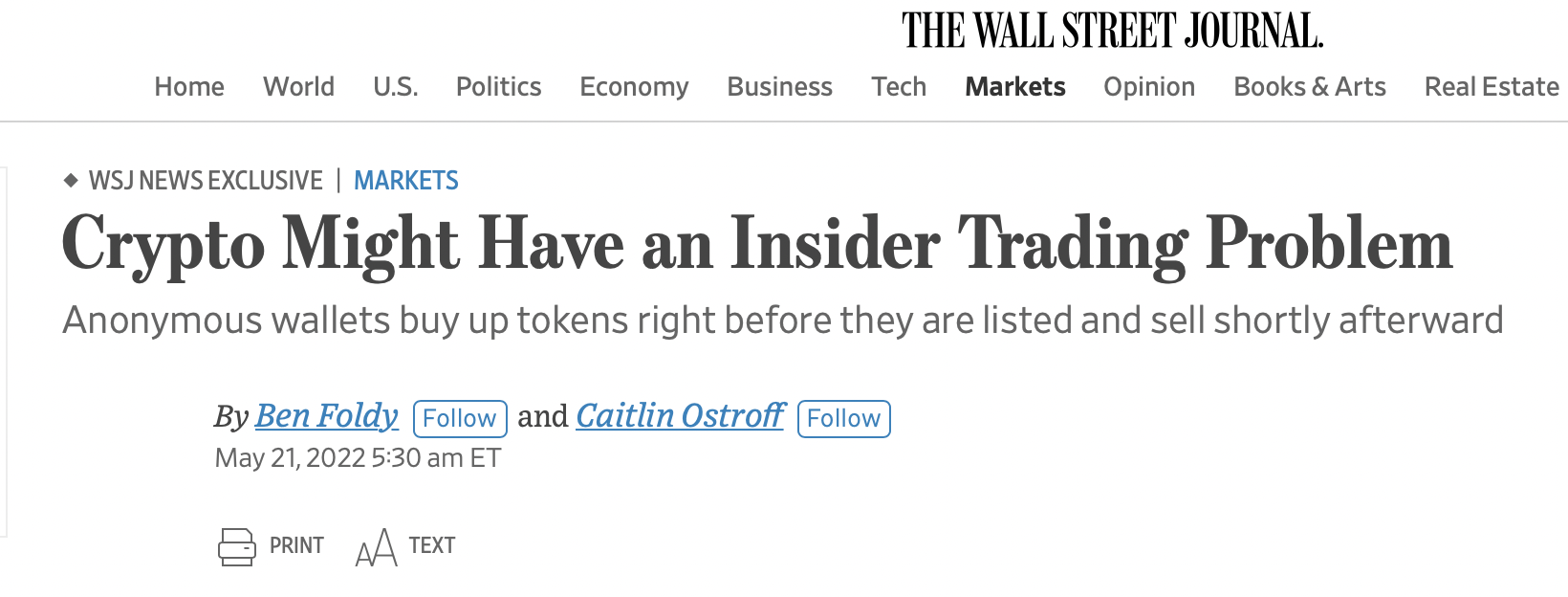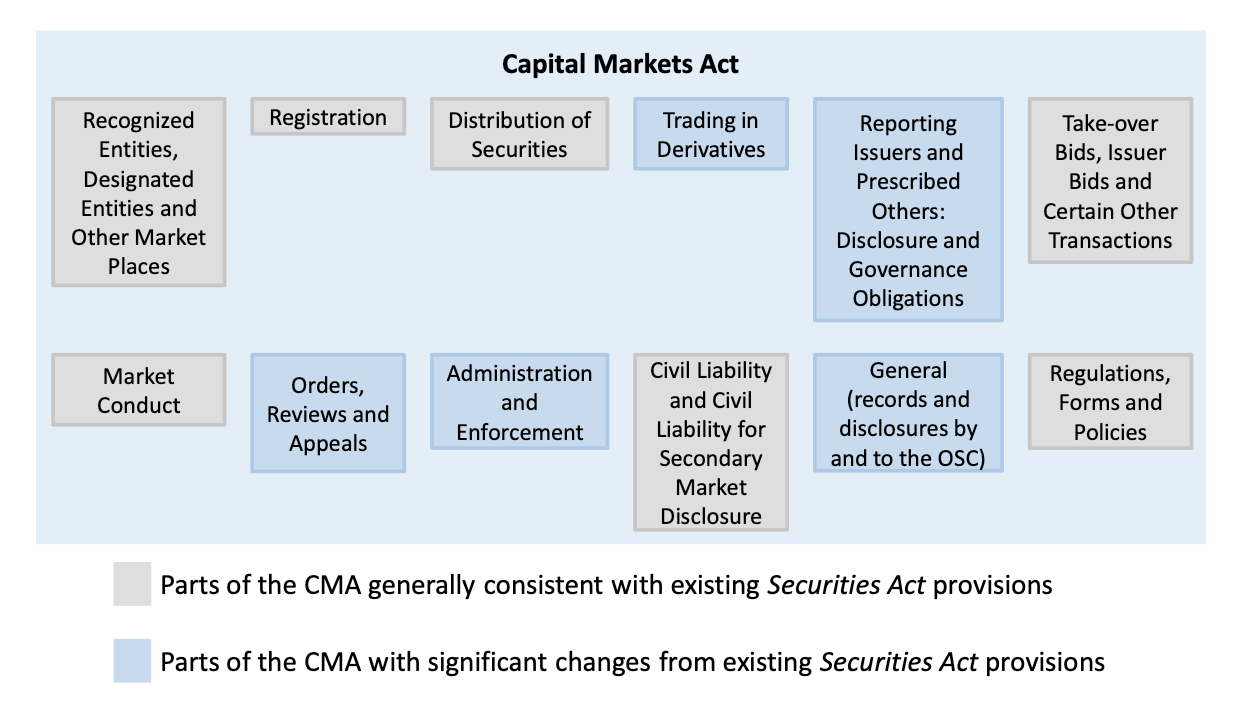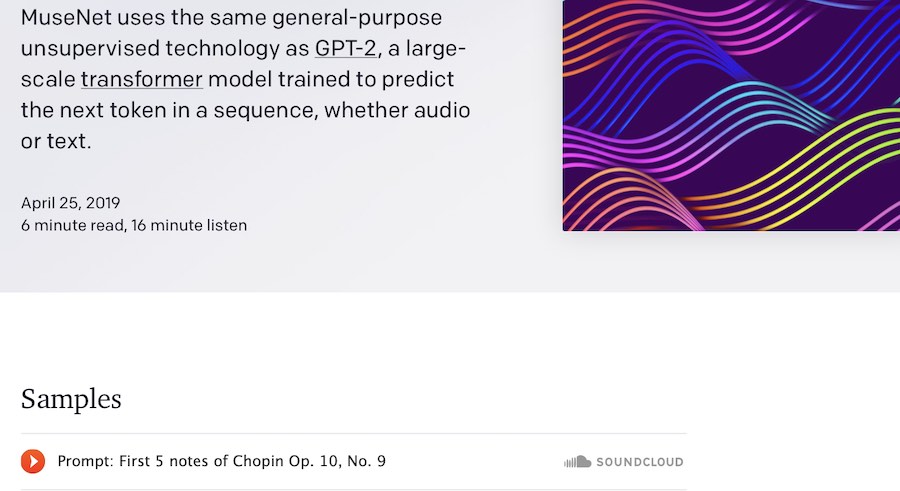The most common consequence of a regulatory regime is a general lessening of competition in the regulated sector. The "stronger" the regulation, the fewer in number will be the companies that operate in the regulated sector. Sometimes monopoly or oligopoly is even a stated objective of government, whether under the guise of "state champions", "Crown corporations", or "utility". Restricted professions abound in modern countries, including lawyers, doctors, and often hairdressers. Licenses, capital requirements, reviews, hearings, applications - modern state apparatus has many ways of making it harder for business people to do what they do. Investors like the winners, describing their regulatory status as a "moat" or what economists call "barriers to entry". How each barrier works is different, but the net result is that fewer entrepreneurs apply themselves to starting new businesses in regulated areas, and incumbents gain a leg up that they wouldn't have under a more competitive economy. Customers lose out on options they'll never know they could have had.
The savvy reader will now stop and say: "but what about the benefits?". The costs may be enormous, but aren't the benefits high? That may be true, but if there's a way to reduce the costs and gain most of the benefits, wouldn't that be a better approach?










